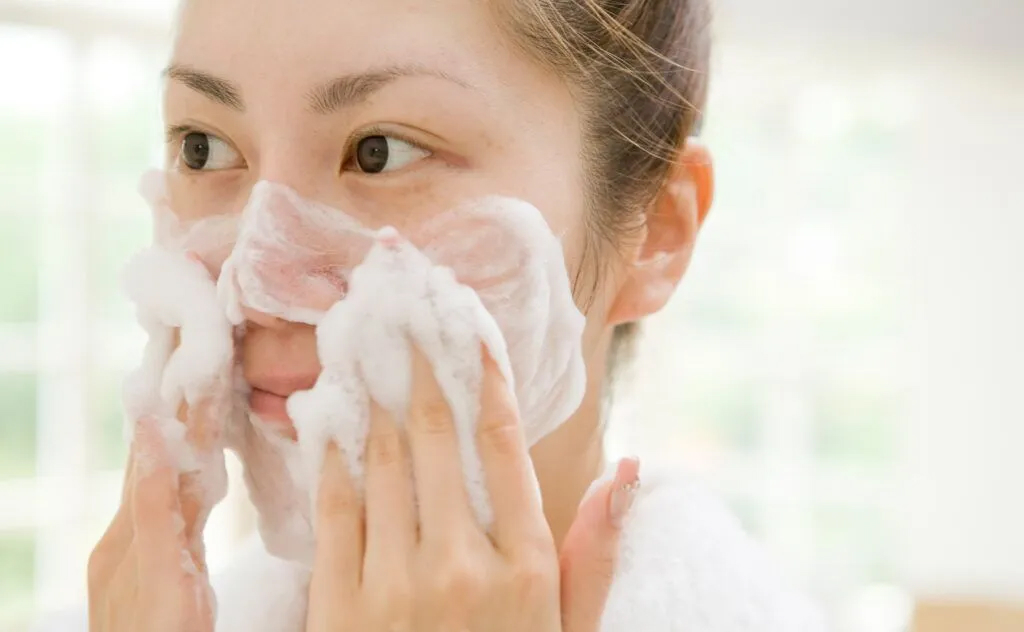Dozens of Acne Products Contain Benzene

The beauty industry faces yet another scare related to the potentially harmful chemical benzene, specifically appearing in acne products. Benzene, used in manufacturing various industrial products including dyes and glue, is a recognized carcinogen linked to cancer. Regrettably, over the course of recent years, we've confirmed the presence of this dangerous compound, albeit in trace amounts, in beauty products like sunscreen and dry shampoo. Continuous or daily usage of such products can magnify the risk.
The acne products implicated contain benzoyl peroxide (BPO), as per research carried out by Valisure, a firm specialized in pharmaceutical quality assurance. Benzoyl peroxide, sold over-the-counter and also used as a prescription medication for acne treatment, is considered a drug and hence comes under the purview of FDA regulations. Valisure's findings suggest that on-market BPO products "can form over 800 times the conditionally restricted FDA concentration limit of 2 parts per million (ppm) for benzene."
Valisure's research analyzed 175 acne treatment products, an assortment of creams, lotions, gels, washes, liquids, and bars. A majority of these products, about 99, contained benzoyl peroxide. Eighty-three were over-the-counter products sold by major retailers, and 16 were prescription drugs obtained from licensed wholesalers. The analysis additionally tested 76 products based on other acne-combating ingredients like salicylic acid and adapalene. The findings suggested that products with salicylic acid or adapalene "do not appear to have this problem."
The report by Valisure indicated that "high levels of benzene were not only detected inside BPO products, but also in the air surrounding incubated BPO products." This suggests that there is a risk of inhaling benzene leaking from some product packaging. For instance, a Proactiv product, when incubated at car-like heat levels, was found to contain benzene to the extent of endangering the air volume inside a compact car to about "1,270 times the Environmental Protection Agency's calculated threshold for increased cancer risk by long-term inhalation exposure to benzene."
David Light, cofounder and president of Valisure stated in a press release that "this discovery of benzoyl peroxide’s fundamental instability and formation of benzene is substantially different than Valisure’s previous findings of benzene in sunscreens, hand sanitizers and other consumer products." He pointed out that the benzene detected in sunscreens and other similar products were impurities originating from contaminated ingredients, while in the case of benzoyl peroxide products, the benzene comes directly from the ingredient itself. At times, the benzene is present at hundreds of times the conditional FDA limit.
A number of brands with BPO-containing products are mentioned by Valisure, including Proactiv, Clearasil, PanOxyl, Walgreen’s brand, Sandra Lee MD, Target’s Up & Up, Clinique, La Roche-Posay, CeraVe, Differin, Equate, Humane, Vie Naturelle, Neutrogena, Urban Skin Rx, Clean & Clear, and several others. As a result, Valisure is petitioning for further inquiry by the FDA and advocates for the removal of such products from market shelves.




